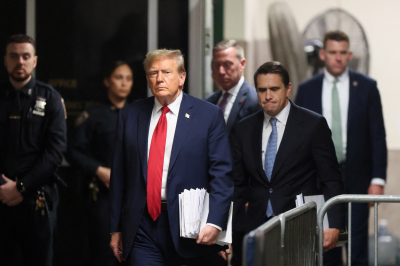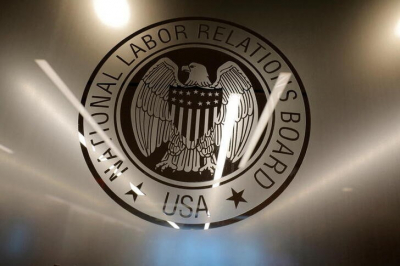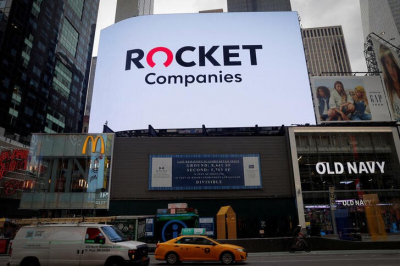
Navigating Change: Addressing Exxon Activism Through Democratic Votes, Not Legal Verdicts
In the realm of corporate activism surrounding Exxon, a unique perspective emerges—one that suggests the most effective path lies in the power of democratic votes rather than legal verdicts. The editorial insights provided by Jonathan Guilford and Sharon Lam bring to light the complexities of this dynamic landscape, adhering to the unwavering standards set by the Thomson Reuters Trust Principles.
As the narrative unfolds, it becomes apparent that the resolution of issues within Exxon's sphere is not merely a matter for the courtroom but an arena where shareholder votes wield significant influence. Guilford and Lam's commitment to journalistic excellence reinforces the importance of informed, accurate reporting on matters of corporate governance.
In a world where the balance between corporate responsibility and shareholder activism is delicate, this perspective challenges the conventional avenues of legal recourse, suggesting that the truest catalyst for change may be the collective voice of stakeholders exercised through the democratic process. As discussions surrounding Exxon's trajectory continue, the role of votes over legal battles takes center stage, shaping the narrative of corporate evolution.
In the intricate landscape of Exxon's corporate activism, the editorial guidance provided by Jonathan Guilford and Sharon Lam underscores a distinctive perspective—one advocating for change through the power of democratic votes rather than relying solely on legal avenues. Their commitment to upholding the Thomson Reuters Trust Principles reinforces the importance of accurate and insightful reporting in navigating the complexities of corporate governance.
As the narrative unfolds, it becomes clear that the resolution of issues within Exxon extends beyond courtroom battles, emphasizing the pivotal role of shareholder votes in steering the company's trajectory. This unconventional approach challenges traditional norms, suggesting that lasting change is most effectively achieved through the collective voice of stakeholders participating in the democratic process.
In the ongoing discourse about Exxon's future, the prominence of votes over legal strategies signals a shift in the dynamics of corporate decision-making. The confluence of informed shareholder engagement and journalistic integrity propels the conversation toward a realm where corporate evolution is shaped not only by legal verdicts but by the collective will of those invested in the company's path forward.





